
Hypertension occurs when an individuals blood pressure rises above 140/190 mmHg. During hypertension, the heart pumps more rapidly than normal and the arteries narrow. There are numerous potential repercussions of hypertension, including stroke and heart attack. Hypertension can be broken down into two forms: primary and secondary. Primary is the more common, and for the most part, the condition will develop gradually over time. The latter type occurs suddenly, and is thus regarded as acute.
Causes
Secondary hypertension occurs in just 5-10% of all reported cases of hypertension. Generally, the measured blood pressure of secondary hypertension patients tends to be higher than in primary cases. One potential cause of secondary hypertension is renal abnormality caused by medication. These abnormalities can result in an acute hypertension attack. Normally, any kind of problem related to the kidneys will be indicated by hypertension. Additionally, those who suffer from heart disease are also likely to be at risk at hypertension. Drug abuse might also lead to hypertension. Even the intake of legal medication like birth-control pills can be a potential cause of hypertension. Another common cause of hypertension are adrenal gland tumors.Symptoms
Hypertension can often be asymptomatic. Even if blood pressure reaches a critical stage, it is not certain that any symptoms will appear. Thus, it is advised to undergo a blood pressure reading at least every two years from the age of 20. However, symptoms that might point to the presence of hypertension include dizziness, fatigue, headache and erectile dysfunction. Additionally, one might experience nosebleed, tinnitus, heart palpitation and blurred vision.
Treatment will of course depend on the severity of the condition. Certain types of medication will be prescribed in order to combat hypertension. The administration of medication will only be successful if some changes or augmentations are made to the lifestyle of the patient. It will be necessary for the patient to make some dietary adjustments and to increase, if possible, the level of exercise he or she undertakes. Some medications that are used include diuretics, beta blockers, alpha blockers, alpha-beta blockers, central-acting agents, vasodilators, calcium channel blockers and renin inhibitors. Angiotensin converting enzyme inhibitors and angiotensin II receptor blockers might also possibly be used. There are also certain home remedies that might be used to combat hypertension.
Whatever the type or extent of the hypertension, it is absolutely vital that the patient undertakes to comply with the prescribed course of medication.


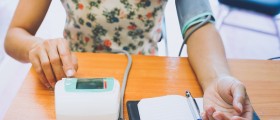
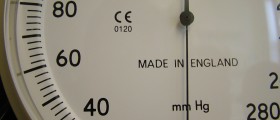
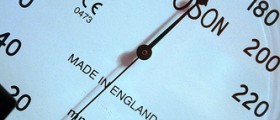
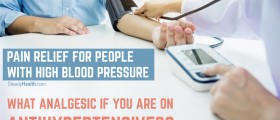
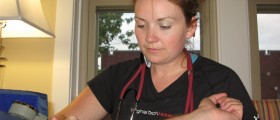
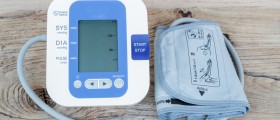





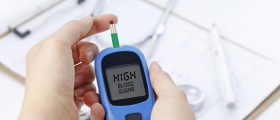


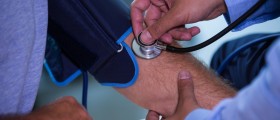
Your thoughts on this
Loading...